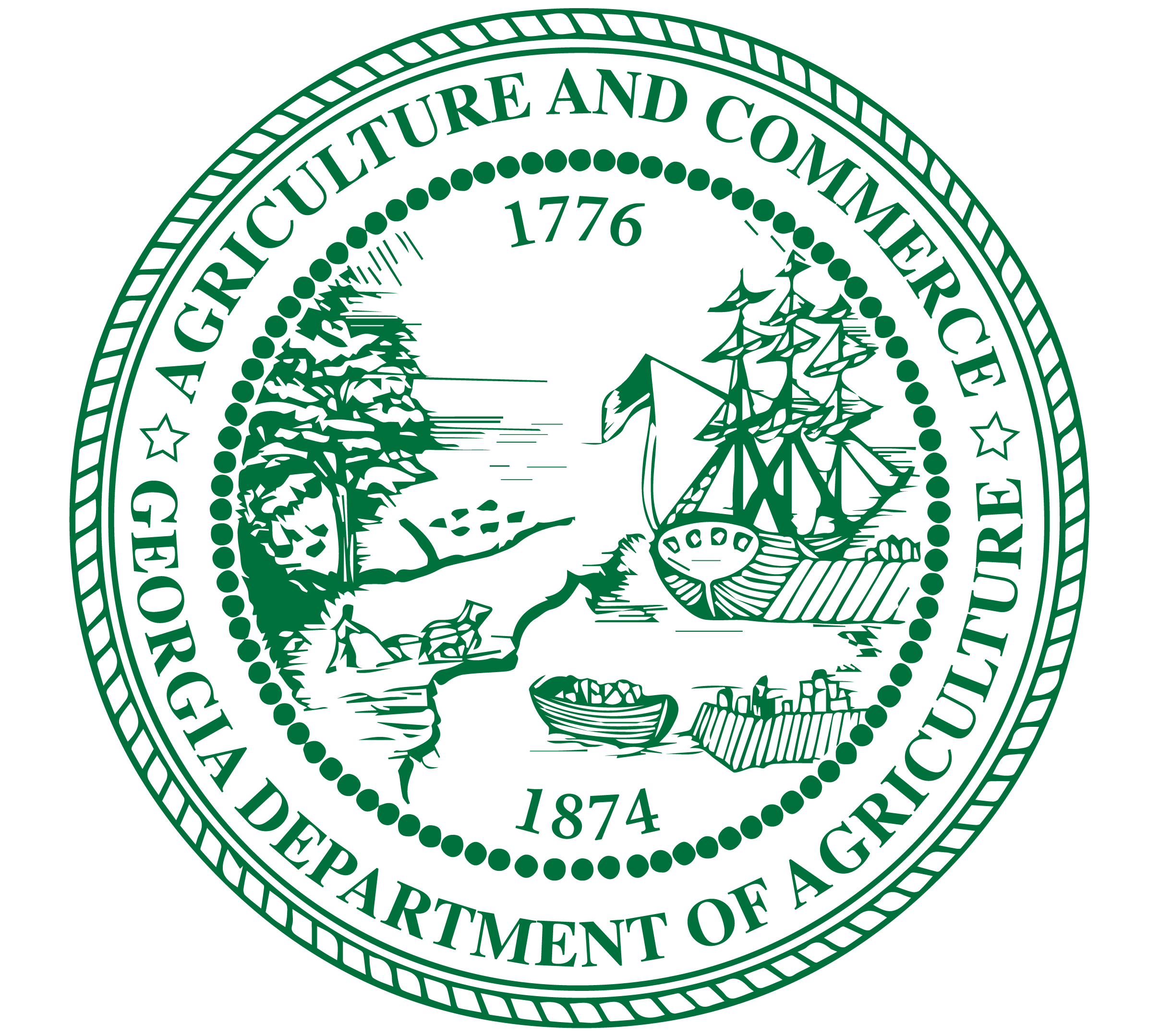Integrated Pest Management (IPM) is a philosophy of pest management that focuses on preventing, reducing, or eliminating pest problems while using reduced-risk pest management methods.
Successful IPM programs may use control methods such as sanitation, habitat modification, exclusion, repellents, pheromones, and pesticides.
Children are especially vulnerable to pesticide side effects. If you work in a school or childcare facility, please use the resources on this page to develop an IPM program and train your personnel on best practices. Using IPM techniques helps students, teachers, and staff live, learn, and work in a safe environment.
IPM in itself is not a goal to be reached, but a way to achieve the goal of effective, sustainable pest management.
Manual
Full manual on Integrated Pest Management for Schools and Child Care Facilities
Resources
- GDA & GDPH bed bug flier
- U.S. Environmental Protection Agency’s Managing Pests in Schools Website
- Search for Licensed Pest Management Professionals
- Outdoor Posting Sign & Specifications
- Outdoor Posting Sign (mechanical file for printing)
- Pest Coloring Book Digital Version
Training
Technical Assistance
Schools and child care facilities may contact GDA to get technical assistance on applicator certification and pesticide applications, or to request a compliance audit. Pest management professionals may also contact us for technical assistance on regulatory requirements for applicator licensing, pesticide applications, and other pesticide-related laws and regulations. Contact us using the information below.
University of Georgia Extension offers diagnostic services, such as insect identification, to Georgia residents through their county offices. Contact 1 (800) ASK-UGA1 or http://extension.uga.edu/


